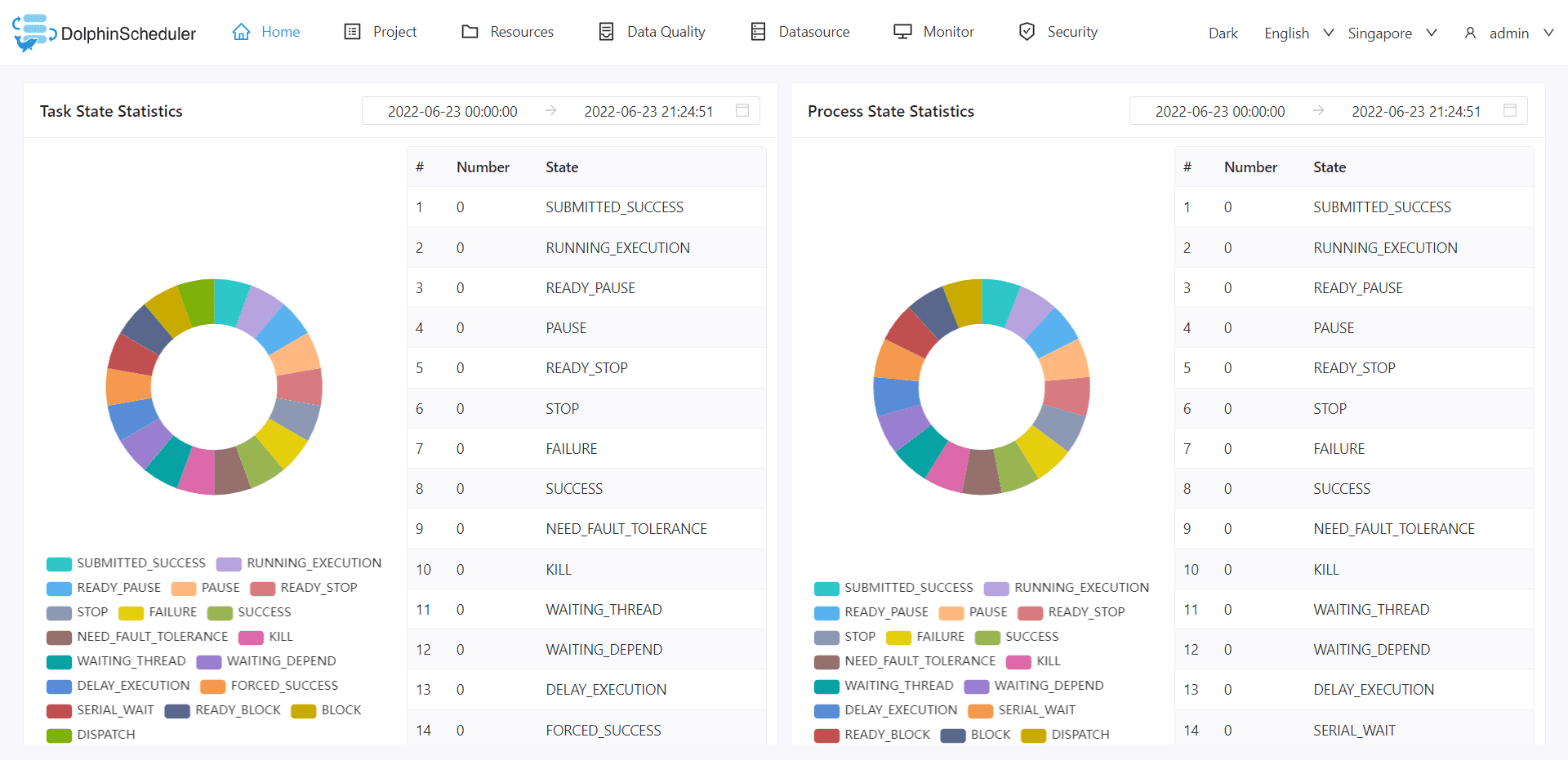CVE-2023-49109: Apache Dolphinscheduler Remote Code Execution Vulnerability

Recent disclosures have highlighted multiple security vulnerabilities within the Apache DolphinScheduler workflow scheduling platform. These vulnerabilities demand immediate attention from administrators and security professionals responsible for the deployment of this software.

Vulnerability Snapshot
-
CVE-2023-49250 (Low Severity): Unverified Trust Opens Door to Impersonation DolphinScheduler was found to not thoroughly verify digital certificates when making HTTPS connections. This oversight provides an opening for Man-in-the-Middle (MITM) attacks, where an attacker could mimic a legitimate server and intercept sensitive communication.
-
CVE-2023-51770 (Important Severity): Arbitrary Files Exposed This vulnerability could allow attackers to read arbitrary files located on the server running DolphinScheduler. Sensitive configuration files, internal data, or even system files could be compromised, granting threat actors a foothold to escalate their attack.
-
CVE-2023-50270 (Important Severity): When Passwords Change, Sessions Shouldn’t Linger A session fixation loophole allowed user sessions within DolphinScheduler to remain active even after a password change. In theory, anyone who could hijack an old session could inherit the same permissions the user had before their password change.
-
CVE-2023-49109 (Important Severity): Remote Code Execution Arguably the most concerning of the set, this vulnerability could potentially permit a remote attacker to execute arbitrary code on the DolphinScheduler server. Complete system compromise, data extraction, and lateral movement within the network become alarmingly real threats.
The Threat is Real: Act Now
Without an upgrade, an attacker with even moderate expertise could exploit these weaknesses, compromising everything from individual workflows to your system’s security. Depending on the sensitivity of the data managed by DolphinScheduler, the consequences could be severe.
The Fix: Upgrade ASAP
Fortunately, the Apache DolphinScheduler development team has been prompt in releasing patched versions that address these vulnerabilities. Upgrading to version 3.2.1 is imperative to close these security loopholes and bring your deployment into a protected state.





